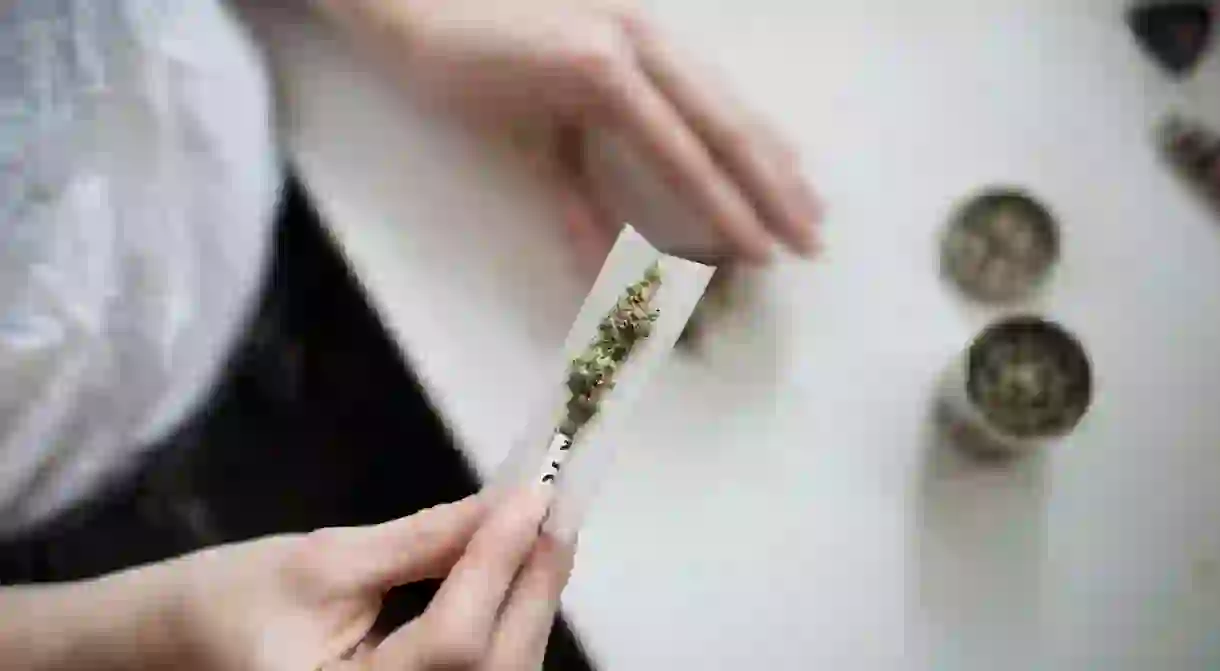What to Know About South Africa's Marijuana Legalisation

South Africa’s constitutional court has recently ruled that personal use of cannabis is no longer a criminal offence, but the landmark ruling has left more questions than answers for many of the country’s residents and visitors eager to light up.
Championed by private citizens
Until recently, all use of marijuana, also called dagga, in South Africa was totally illegal. But in 2017, a judge in the Western Cape’s High Court ruled that South Africa’s ban of the personal and private use of marijuana was an infringement on the country’s “constitutional right to privacy”.
What made the matter especially intriguing was that the case was brought to the high court by private parties – staunch proponents for marijuana legalisation Gareth Prince and The Dagga Party of South Africa.

Although the Western Cape court found personal and private use of marijuana in South Africa to be legal, according to the country’s legal system, the decision would have to be ratified by the Constitutional Court within 24 months.
In the interim, the High Court ruled that anyone arrested for the personal use or possession of marijuana in their own homes would be able to defend themselves on the principal of invasion of privacy.
The highest court in South Africa agrees
One year later, South Africa’s Constitutional Court – the highest court in the country– agreed with the Western Cape High Court’s ruling. This confirmed that the personal use of cannabis, in the context of a private home, is now legal.
Although the confirmation was met with celebration from those in favour of marijuana consumption, to the point that many people sparked up on the streets outside the court, experts have warned that the ruling is slightly more complex and nuanced than many realise. In fact, those who lit up on the steps of the Conditional Court were in direct violation of the law.

Complexities of legal weed in South Africa
According to the Constitutional Court, personal marijuana use is now legal, but the judge handing down the ruling added some caveats. Deputy Chief Justice Raymond Zondo said that the judgement doesn’t specify the amount that can be used by an adult in private use; this must still be determined by South Africa’s parliament. He also clarified that “it must be for the personal use of the person”.
Two existing laws will also need to be amended by parliament, but in the interim, the ruling allows for personal use at home. Still, the ruling does not allow for a marijuana free-for-all.
Sale and dealing are still illegal
Quite how those who want to take advantage of the new laws will get hold of their marijuana is one of the main complexities. The sale and purchase of marijuana is still illegal in South Africa, and any resident or visitor found participating in these activities can face harsh penalties. It appears that those interested in making the most of the new law will have to plant their own seeds and wait for the plant to grow before smoking. But quite how much marijuana South Africans are allowed to grow and possess remains unclear, with these technicalities yet to be established or played out in a court of law.

Playing it safe while lighting up in South Africa
South Africa is the third country in Africa to legalise marijuana, after neighbouring Lesotho and Zimbabwe. But the legalisation in South Africa has some key differences to those around the world. The new ruling did not allow for a blanket usage of recreational marijuana as in many other countries, and so if in doubt, users should play it safe by only lighting up their own personal supply and keeping it very much behind closed doors.













